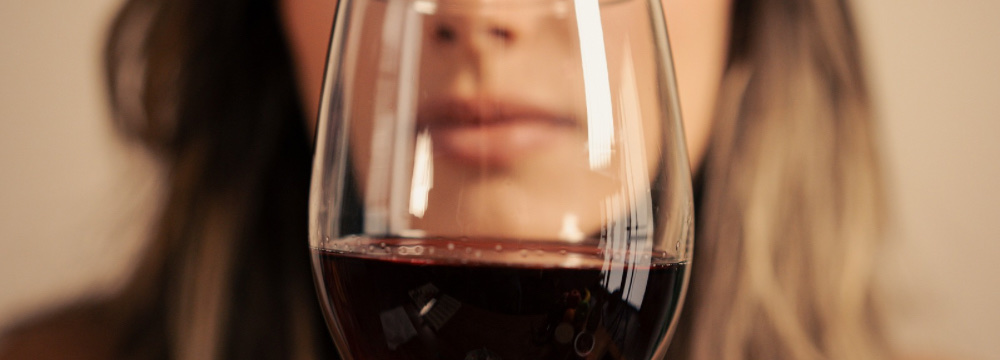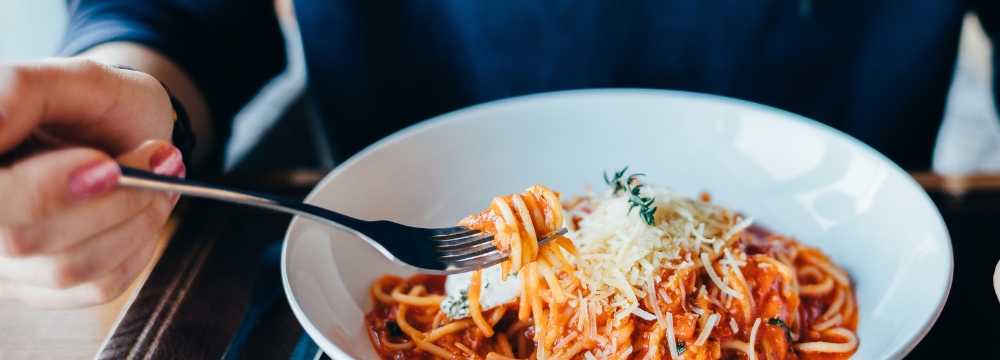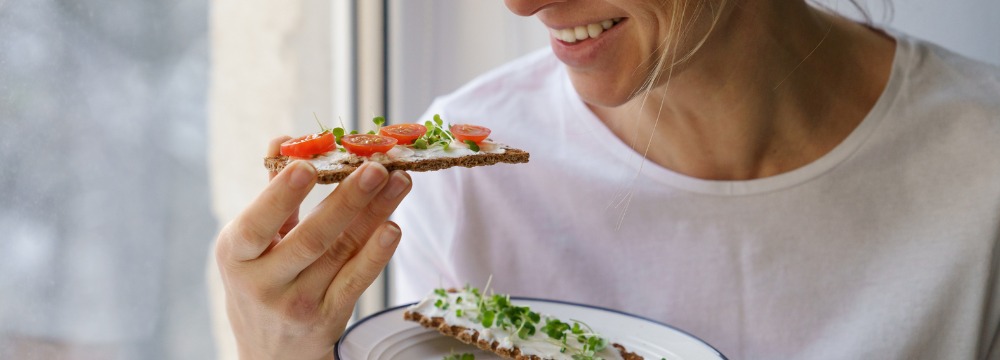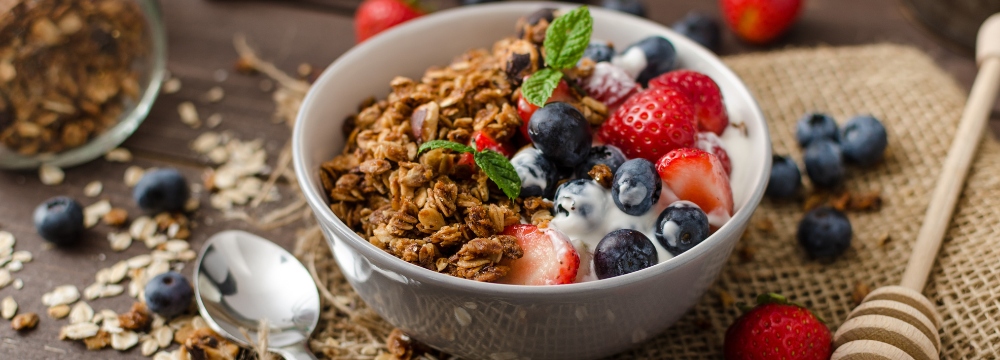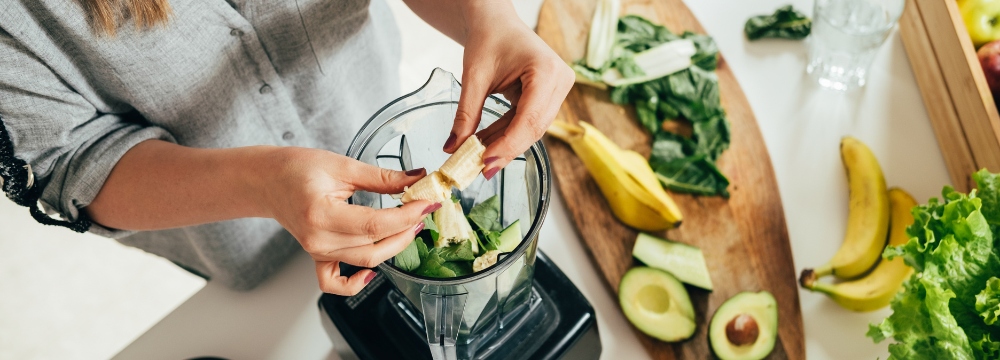After Bariatric Surgery
Many of us enjoy a drink occasionally. Whether it’s a way to unwind after a long day or part of a social routine with friends or family, it is often concerning when you’re told that drinking has to be stopped entirely for the first six months after your bariatric procedure and that there are restrictions on drinking habits longer-term too.
Let’s go through what your life will look like with alcohol starting from the day of surgery.
Early Days
Most importantly, you have to understand that alcohol is an irritant to your stomach and that it can cause issues with your post-bariatric diet, especially within the first six months. Alcohol also lowers the ability of your G.I. tract to absorb specific essential nutrients. It increases the likelihood of a severe nutritional concern that could land you in the hospital. Lastly, certain alcoholic beverages, like beer and cider (carbonated drinks), can stretch out your pouch, causing short-term pain and fullness before you’ve had your nutritional fill and long-term, potentially stretching your gastric pouch.
Longer-term Alcohol Use
Over the longer term, there are a few considerations that bariatric patients should understand first: the irritative properties of alcohol do not go away, even if you are on a more normal diet. It may not affect you quite as much, but it can still cause you to modify your nutritional intake such that you develop deficiencies in critical vitamins. This is exacerbated by alcohol itself, which can cause these deficiencies as well. You must remember that alcohol is toxic to your body.
Alcohol can also be highly caloric. It can create a yo-yo effect with blood sugar, causing significant variations in how you feel throughout the day and slowing down your overall weight loss. If you drink alcohol with mixers, this can add plenty of sugar, too. While there are low or no-calorie mixers, the artificial sweetener used to make the drink taste better has been proven to increase your craving for sugar in the future and may even lead to type two diabetes, just like regular sugar does.
It’s also important to remember, particularly for gastric bypass patients, that alcohol will affect you differently after surgery. For one, you will likely have less food in your stomach pouch when drinking alcohol with a meal. This may lead to quicker intoxication. Second, the stomach will metabolize alcohol differently. This is especially true for gastric bypass patients because alcohol passes through the stomach pouch and into the small intestine more readily. This rapid gastric emptying can cause more alcohol to be absorbed into the bloodstream, leading to potential concerns when operating a motor vehicle or needing to perform other activities that require your full attention and focus.
What About Alcoholism?
There is some data to show that alcoholism is a concern in post-bariatric life, but not because of the surgery itself. Instead, if food was being used as a crutch for mental health concerns – depression, anxiety, stress, or other psychological issues, removing that crutch often pushes patients to look for a new one. For some, this crutch may become a hobby or exercise. For others, it is alcohol, and this can be very problematic. It also highlights the need for proper mental healthcare before and after your surgical procedure. Remember, it’s always important to ask yourself what the causes of your excess weight were in the first place. For most, something underlies the need and desire to eat more than they should.
Will I Never Drink Acohol Again?
Reading the above, you may be scared into thinking that alcohol should be avoided at all costs and forever. If you choose that route, you are likely doing your body a favor, and we certainly would not discourage you from abstaining. However, for those who want to indulge occasionally, some alcohol consumption should not be an issue. But once again, just with anything else in the world of bariatric surgery, moderation is key. Can you have a drink or two once a week? Probably. Should you have one every day? Probably not. Of course, this will be different for every patient, and it’s something that we welcome you to discuss with us at your consultation or a follow-up appointment. Most importantly, we want you to be safe and your weight loss program as effective as possible. Taking a hard look at your alcohol consumption is a great way to help ensure both.



